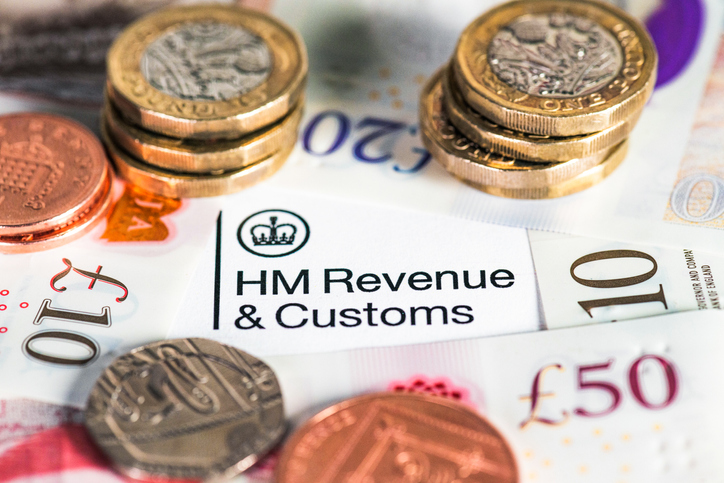HMRC said it’s going to be restricting access to its telephone helpline in the lead up to January 31, one of its busiest periods.
Changes will be introduced from Monday December 11 and will last until the end of January, according to an announcement made on December 7.
The helpline team will be focusing on ‘priority calls’, i.e. those that cannot easily be dealt with online. Other queries will be directed to the website and HMRC’s online services. A similar system will be in place for the helpline used by accountants and agents.
Jim Harra, HMRC’s chief executive, said the department’s web services are ‘our best kept secret’, with an approval rate of over 80 per cent.
“The run-up to the January 31 deadline is one of the busiest times of year for us and our customers,” he said.
“While around 97 per cent of our SA customers file their return and pay their tax online, 5.5m of them ring our helpline with a query. Around two-thirds of calls to the SA helpline can be resolved far quicker through our online services.”
HMRC needs to reduce its volume of contact with the public via phone and post by at least 30 per cent by 2025, compared with 2021/22, so that it can deliver with the resources that it has. “We will increasingly expect customers to use our online services where they can,” said Harra.
In response, MPs on the Treasury Select Committee have posed a series of questions demanding reassurance that a “critical number of people do not end up being denied services they could reasonably expect from HMRC.”
Committee chair Harriet Baldwin said: “The Treasury Committee has repeatedly stressed our concern about the management of the self-assessment helpline, particularly when it closed with such short notice over the summer, leaving many struggling to access help with tax issues.
“Giving the public less than two working days’ notice of a significant reduction in service, while the deadline for self-assessment returns looms, is yet another alarming development for an increasingly pressured government service.”
Baldwin also said that more people would need to file a self-assessment tax return in the coming years as frozen thresholds cause fiscal drag.
John Barnett, chair of the Chartered Institute of Taxation’s technical policy and oversight committee, is worried about the risk of this move increasing non-compliance with tax rules, leading to extra penalties and fines, reports the Financial Times. Barnett argues that this would ultimately give more work to HMRC as well as taxpayers.
Victoria Todd, head of the Low Incomes Tax Reform Group, said she was concerned about the move forcing people into using digital services. “Forcing taxpayers to use services that are not up to scratch risks an erosion of trust in the tax system.”
Read more
Some self-employed unaware of HMRC rule change – Experts worry that the self-employed are not familiar with this change which will affect the way that they report profits
More firms closing down than starting up – More businesses are closing down than starting up for the first time in over a decade, with transport and storage firms being worst hit
UKEF reveals extra support for SME exporters – SME exporters will have fast-track access to finance products along with potentially greater access to markets in India





